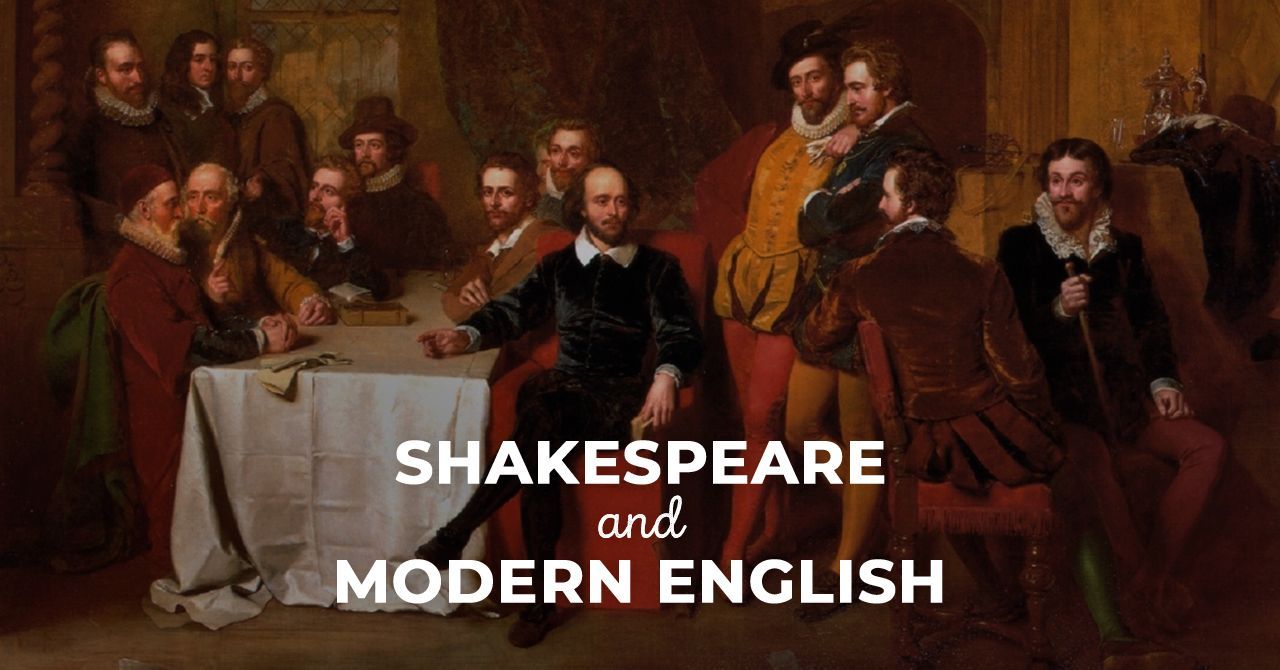
How Did William Shakespeare, the most famous writer ever, contribute to revolutionising modern spoken English?
Have you ever wondered where some idiomatic expressions come from in modern English? Probably not. They are so commonly used that you cannot even notice them.

Get a FREE guide!
Want to sound like a native English speaker?
Get our free PDF with top tips that work.

Check your email!
Have you ever wondered where some idiomatic expressions come from in modern English? Probably not. They are so commonly used that you cannot even notice them.
Who would have thought it? You’ve probably been quoting Shakespeare all your life.
In this article, I will show Why! It is not only a wonder but also a mystery that still now we use Shakespearean languages, patterns, melodies, and schemes nowadays. In fact, It’s thanks to the brilliant dramatist that today’s language is so original, innovative, and even standard both in grammar and spelling. You can’t imagine how much Shakespeare was able to revolutionise the current spoken English.
For one thing, you don’t need to be a literatus to quote Shakespeare. Indeed At least once during your life, you would have pronounced unconsciously Shakespeare’s phrases based on his plays like “love is blind,” “a heart of gold,” break the ice”…
And What about the vocabulary? Many words and phrases were first written down in his plays. Words that we still use today as lonely, bedfellow, impartial, invulnerable, are just a figment of Shakespeare’s imagination.
Until now, William Shakespeare can be considered the ancestor of modern English.
He could coin and invent almost two thousand new words combining English with other languages, especially French or Latin, sometimes adding prefixes or suffixes to the existing ones, connecting words, or creating new ones.
Shakespeare, with extreme grace, treated significant, nonconformist, and above all, timeless themes. In a certain sense, Shakespeare humanised the language. Love, death, ambition, power, fate, free will, which triumph in his tragedies, make it universal, closer to human nature regardless of social differences. All men have vices and virtues beyond the clothes they are wearing.
One thing is certain without William Shakespeare’s tribute, both spoken and written language wouldn’t have been the same. That’s why the modern English language owes a lot to the poet. The novelty, the style, the form, even the sound of the word is thanks to the writer mentioned above. From now on, know that Shakespeare’s impact on language was simply extraordinary. In other words, not only does he enrich it by making it a “flower English” but even, at the same time, suitable for everyone, young and old, destitute and not, as long as human beings.
















